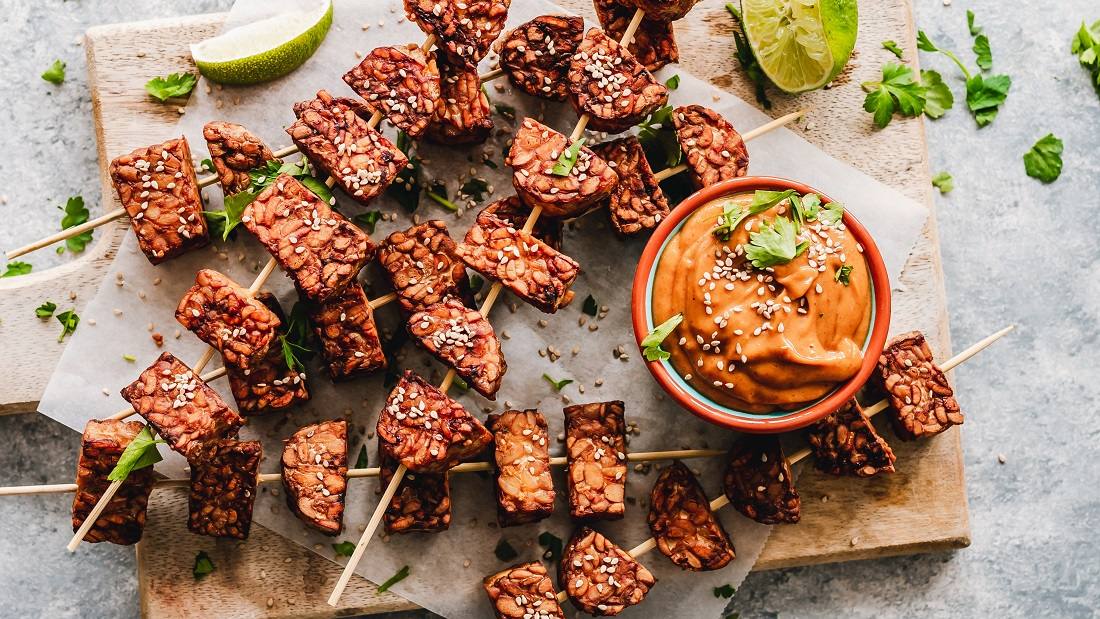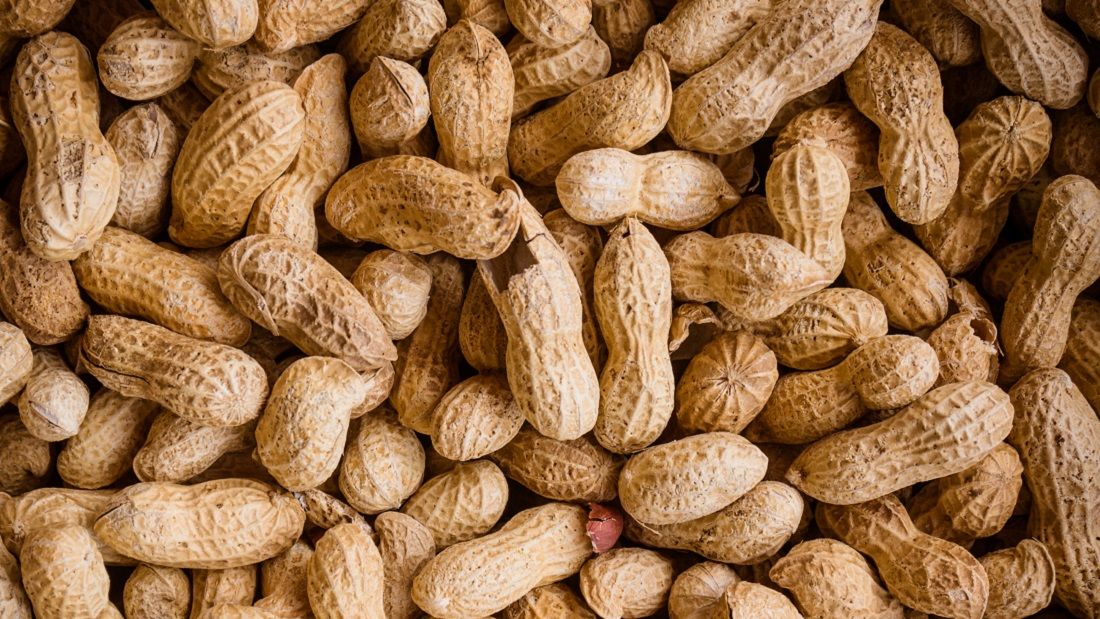Vitamin B7 (biotin)

Biotin is also called vitamin B7 and was formerly known as vitamin H or coenzyme R.
How much do you need daily?
UK dietary reference values for biotin have not been set due to insufficient data. The UK Committee on Medical Aspects of Food Policy (COMA) consider that intakes between 10-200 micrograms a day are both safe and adequate. Note, a micrograms (μg) is one thousandth of a milligram!
In the US, the Food and Nutrition Board (FNB) at the National Academies of Sciences, Engineering and Medicine, set an adequate intake at 30 micrograms a day for adults. The UN Food and Agricultural Organisation and World Health Organisation (FAO/WHO) recommend 30 micrograms a day too. The European Food Safety Authority (EFSA) have set an adequate intake for adults at 40 micrograms per day (which also applies to pregnant women). It may then be that between 30 and 40 micrograms a day is a reasonable target.
The government recommends the following intakes
Recommended amounts of biotin vary between different organisations:
Age | Adequate intakes of biotin as set by US FBN (micrograms per day) | Age | Recommended nutrient intake of biotin set by FAO/WHO (micrograms per day) | Age | Adequate intakes of biotin as set by EFSA (micrograms per day) |
|---|---|---|---|---|---|
| 7-11 months | 6 | 7-12 months | 6 | 7-11 months | 6 |
| 1-3 years | 8 | 1-3 years | 8 | 1-3 years | 20 |
| 4-8 years | 12 | 4-6 years | 12 | 4-10 years | 25 |
| 7-9 years | 20 | ||||
| 9-12 years | 20 | 11-17 years | 35 | ||
| 14-18 years | 25 | 10-18 years | 25 | ||
| 19+ years | 30 | 19+ years | 30 | 18+ years (including pregnancy) | 40 |
| Breastfeeding | 35 | Breastfeeding | 35 | Breastfeeding | 45 |
FBN: Food and Nutrition Board at the National Academies of Sciences, Engineering and Medicine, US.
FAO/WHO: The UN Food and Agricultural Organisation and World Health Organisation.
EFSA: The European Food Safety Authority.
Are we getting enough?
The UK National Diet and Nutrition Survey has not looked at biotin since its 2000-2001 survey which found average daily intakes of biotin from food were 41 micrograms for men and 29 micrograms for women. They noted that younger adults had significantly lower intakes than older adults. Overall, they found that average intakes of biotin were within COMA’s recommended range of 10 to 200 micrograms. Less than 0.5 per cent of men and two per cent of women had average intakes below 10 micrograms.
Why do we need it??
Biotin plays a central role in fat, sugar and protein metabolism and is essential for healthy skin and nails. The bacteria in your bowel are able to make some biotin and it’s not clear how much we need from the diet so the below is mostly a healthy recommendation.
Do I need a supplement?
No, a healthy vegan diet containing the foods listed below will cover your needs.
The best plant sources

The best plant sources of biotin include tempeh (fermented soya beans, sold in health food shops in blocks), peanuts and peanut butter, nuts (hazelnuts, almonds, walnuts, pecans and pistachios), muesli, nutritional yeast, oatmeal or rolled oats, mushrooms, avocado, seeds (sunflower and sesame), tahini (sesame seed paste), fortified breakfast cereals and wheat germ.
Nutritional yeast is a food additive that can be used as a condiment or ingredient. It is made from yeast grown on molasses and then harvested, washed and heated to kill or ‘deactivate’ it. It doesn’t froth or grow like baking yeast as it is inactive. It is sold in tubs of flakes that can be sprinkled on dishes or added to sauces. Very popular with vegans, it even has its own nickname – nooch! A 5g teaspoon of nutritional yeast may provide around a third of your daily requirement for biotin. Buy one that’s fortified with vitamin B12 to cover all bases!
Signs of deficiency
Hair loss, brittle nails, rashes or other skin problems, impaired sugar metabolism, depression and exhaustion. Symptoms of biotin deficiency in infants can include weak muscles, sluggishness and delayed development.
Foods to include
| Food | Micrograms of biotin per serving | % of adequate intake (*35 micrograms) |
|---|---|---|
| Tempeh – fermented soya beans (100g) | 53.0 | 151 |
| Peanuts, plain (medium bag, 50g) | 36.0 | 103 |
| Hazelnuts/filberts (1 handful, 28g) | 21.3 | 61 |
| Peanut butter, smooth (thickly spread on one slice, 20g) | 18.8 | 54 |
| Almonds (12 whole nuts, 26g) | 16.6 | 48 |
| Muesli, Swiss style (large portion, 80g) | 12.0 | 34 |
| **Nutritional yeast (5g serving) | 9.8 | 28 |
| Walnuts (6 halves, 20g) | 9.5 | 27 |
| Oatmeal or rolled oats (40g portion) | 8.4 | 24 |
| Mushrooms, fried (average portion, 44g) | 5.9 | 17 |
| Pecan nuts (5 nuts, 30g) | 5.6 | 16 |
| Avocado (1 medium, 145g) | 5.2 | 15 |
| Pistachio nuts (1 handful, 28g) | 5.0 | 14 |
| Sunflower seeds (1 tablespoon, 16g) | 5.0 | 14 |
| Tahini – sesame seed paste (1 heaped teaspoon, 19g) | 4.9 | 14 |
| Sesame seeds (1 heaped teaspoon, 19g) | 4.8 | 14 |
| Fortified vegan breakfast cereals (Shreddies, medium portion, 50g) | 3.5 | 10 |
| Wheat germ (2 tablespoons, 14g) | 3.5 | 10 |
*The US FBN and WHO/FAO set and adequate intake at 30 micrograms, EFSA set it at 40 micrograms, so we have calculated the percentage of 35 micrograms.
Source: Public Health England: McCance and Widdowson’s The Composition of Foods Integrated Dataset, **Engevita, Marigold Health Foods Ltd.
Note, many wholegrain foods, pulses and green vegetables contain significant quantities of biotin, but there is no reliable information on the precise amount. Eat a wide variety of plant foods and you will get plenty of biotin along with the other B vitamins.
Additional information
If you take biotin supplements, don’t take too much as this might be harmful. The government say that you should be able to get all the biotin you need by eating a varied and balanced diet but that taking 0.9 milligrams or less a day of biotin in supplements is unlikely to cause any harm.
Can my medication interfere with biotin?
Some medications may affect your biotin levels and biotin may interact with certain medications. For example, treatment for at least one year with anti-seizure medications (used to treat epilepsy) can significantly lower biotin levels.
List of All Nutrients
This post has been categorised in: A-Z of nutrients, A-Zs, Health




